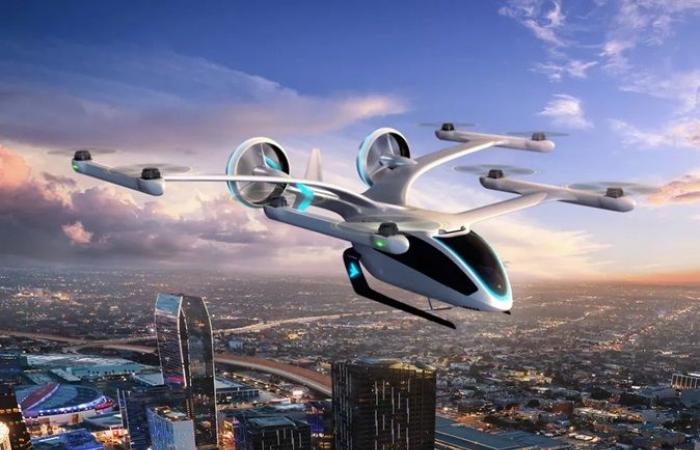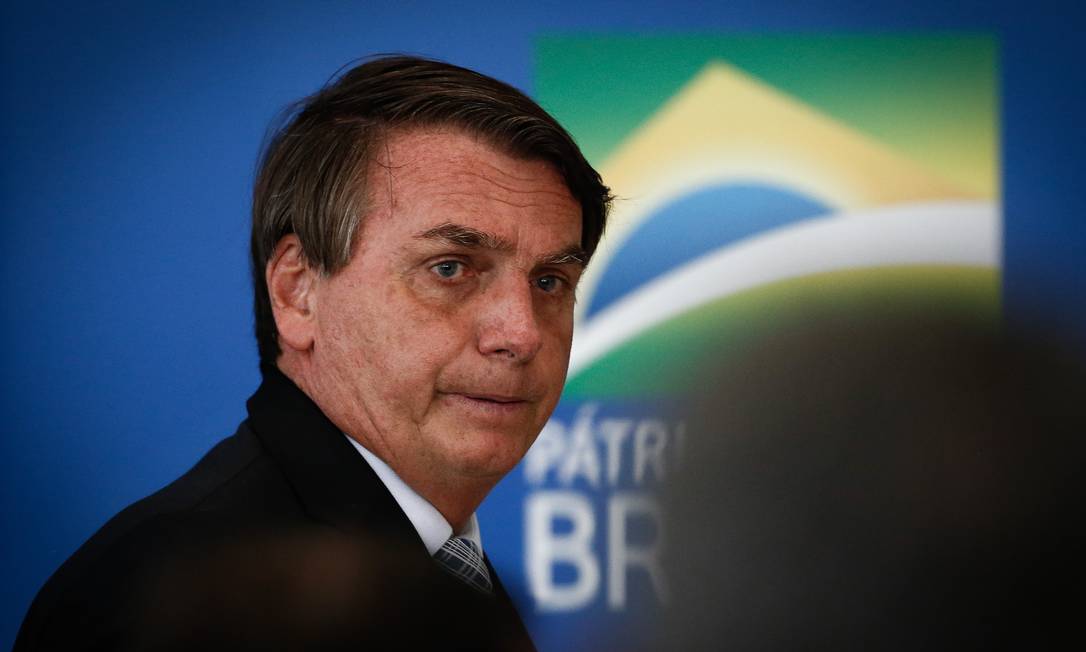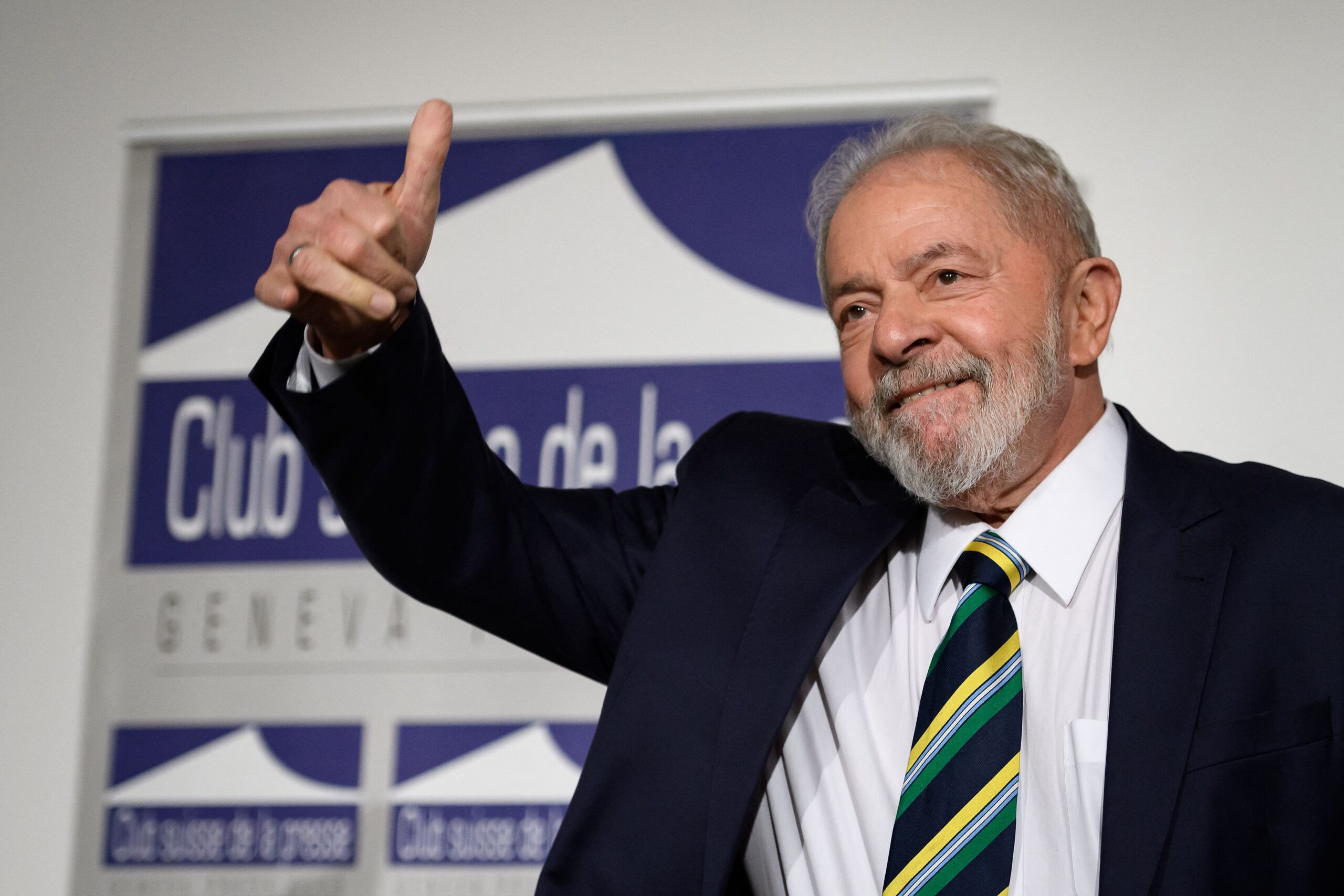SAO PAULO, Brazil – Embraer, the Brazilian aerospace giant that produces commercial, military, executive, and agricultural aircraft is now taking the next step in unveiling a prototype for an electric flying car aimed at the passenger market as part of its project to develop an air urban mobility ecosystem.
The working prototype took to the air at Embraer’s headquarters in Gavião Peixoto, São Paulo, last week. The vertical take-off vehicle looks like an oversized drone, with 10 propellers - 8 horizontal and 2 vertical - and is designed to transport passengers in what will eventually be totally autonomous flight, said the company.
The long road to prepare it for market includes obtaining certification for electric vertical takeoff and landing vehicles (eVTOL) and the full development of solutions for urban air traffic management.
Uber is already working with Embraer on this future-focused project. “Embraer’s team focused on the customer experience with their latest vehicle concept, using built-in redundant systems to achieve optimal safety, while also achieving low noise output with an eight rotor system, which enables span-wise lift,” said Mark Moore, Engineering Director of Aviation, Uber. “Our team looks forward to continued collaboration with the Embraer team to achieve a quiet, green, and safe, aerial ridesharing vehicle.”
By Milan Sime Martinic





